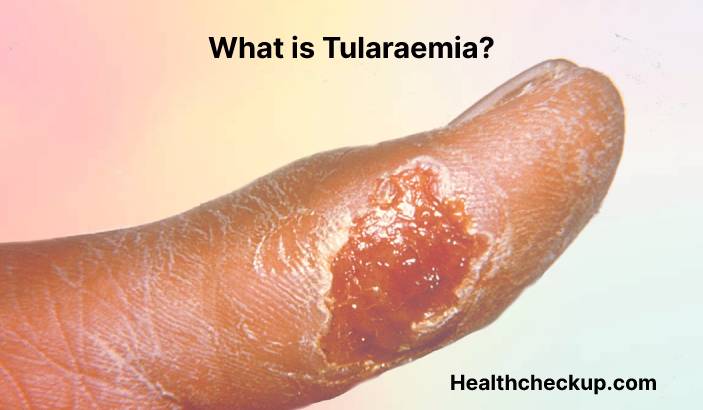Tularaemia, also known as rabbit fever, is a bacterial infection that is transmitted through the bite of an infected tick or fly, or through contact with infected animals, such as rabbits, hares, and rodents. Tularaemia is most commonly found in the United States, Europe, and Asia.
Symptoms of tularaemia may include:
- Fever
- Chills
- Headache
- Muscle aches
- Weakness
- Rash
- Swelling of lymph nodes
Tularaemia can lead to serious complications, such as pneumonia, sepsis, and organ damage. Tularaemia is fatal in about 5% of cases.
Diagnosis of tularaemia is typically based on the presence of symptoms and a history of exposure to infected ticks or flies, or contact with infected animals. It may also involve laboratory tests to confirm the presence of the bacterium that causes tularaemia.
Treatment of tularaemia typically involves antibiotics to kill the bacterium. It is important to complete the full course of treatment as prescribed to ensure that the infection is fully eradicated. In severe cases, hospitalization may be necessary to provide supportive care, such as oxygen therapy and fluids.
Tularaemia can be prevented through the use of insect repellents, wearing protective clothing, and avoiding contact with infected animals. If you are experiencing symptoms of tularaemia or have been exposed to infected ticks or flies, or have had contact with infected animals, it is important to seek medical attention as soon as possible. Follow the recommendations of your healthcare provider to help protect yourself and others from tularaemia.









